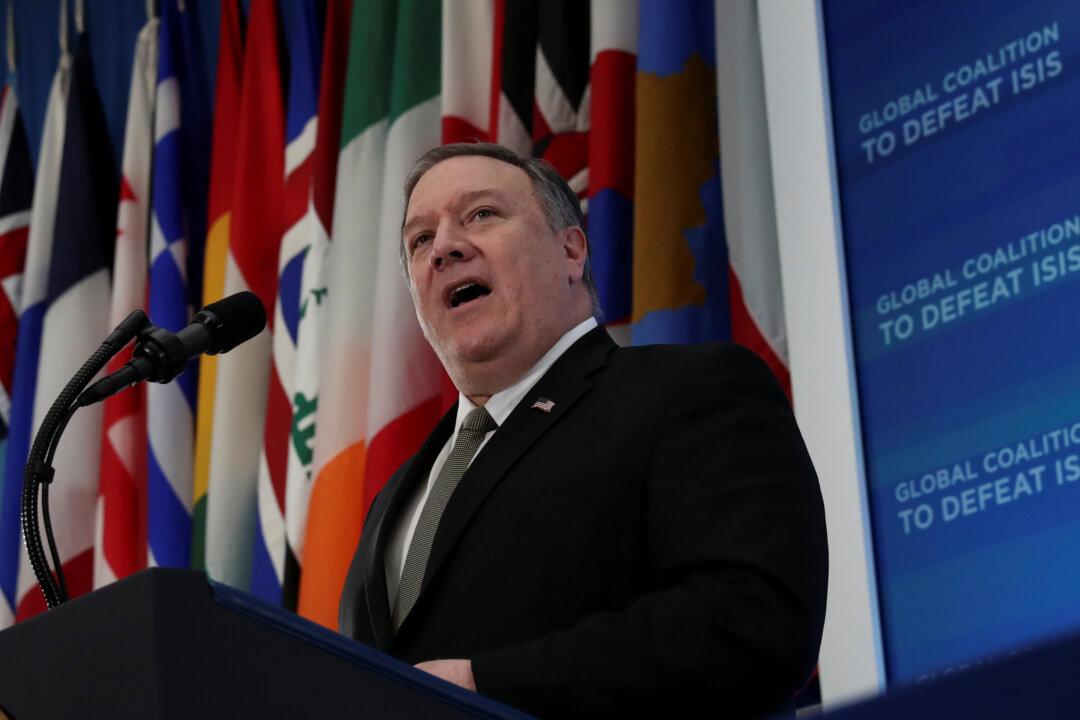WASHINGTON—U.S. Secretary of State Mike Pompeo will express concerns about the growing presence of China’s Huawei Technologies in central Europe when he visits Hungary next week, a senior administration official said on Feb. 8.
During his visits to Hungary and Slovakia, Pompeo will also discuss ways to bolster security relationships with both countries, including clinching deals on defense cooperation, the official told reporters.





